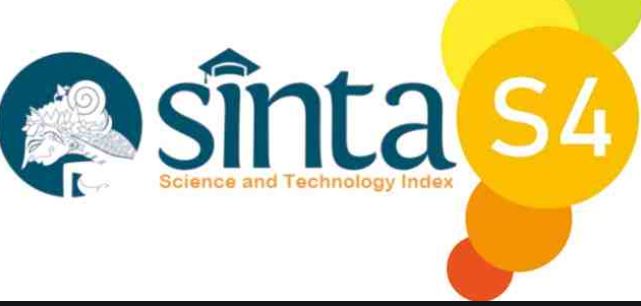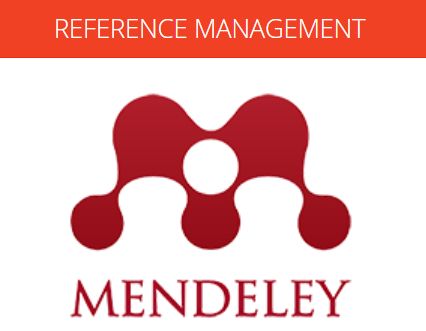Results And Follow Up Planning For Supervision At Tahfizh Learning Program In SD PTQ Annida Salatiga
DOI:
https://doi.org/10.52048/inovasi.v15i1.209Keywords:
Supervision for Learning, Recognition of Al-Qur’anAbstract
This study aims to determine the results of the supervision of tahfizh learning and the follow-up of the supervision or instructional leadership results. This research is a field research with a qualitative approach. The location of this research is SD Plus Tahfizhul Quran (PTQ) Annida Salatiga, Central Java and was conducted in February-March 2021. The subjects of this study were teachers who mastered Al-Qur'an memorization. The presence of the researcher as a person who is involved in it and acts as a supervisor. Data collection techniques using observation, interview, and documentation techniques. Data analysis techniques with the stages of data condensation, data presentation, and drawing conclusions. The results of this study are: 1) learning problems of tahfizh which are grouped based on the ziyadah method, namely problems in grades 1 and 2 where ziyadah uses the talaqqi method which includes aspects of learning BTAQ (IQRO'), ziyadah with talaqqi, and muroja'ah. Next are the problems in grades 3, 4, 5, and 6 which are ziyadah by means of students making their own memorization then depositing sorogan to the teacher. The problems in this class include depositing recitations in bin nazhor, adding ziyadah memorization in sorogan bil ghoib, and also muroja'ah. Each of these problems is followed up with an appropriate program. 2) There is a follow-up to other programs which include: micro teaching class of tahfizh teachers which need to be addressed and maximized properly as a learning tool, there needs to be active, fun, and ice breaking training in learning tahfizh, and there needs to be teacher visits from class to class for learning togethers.







